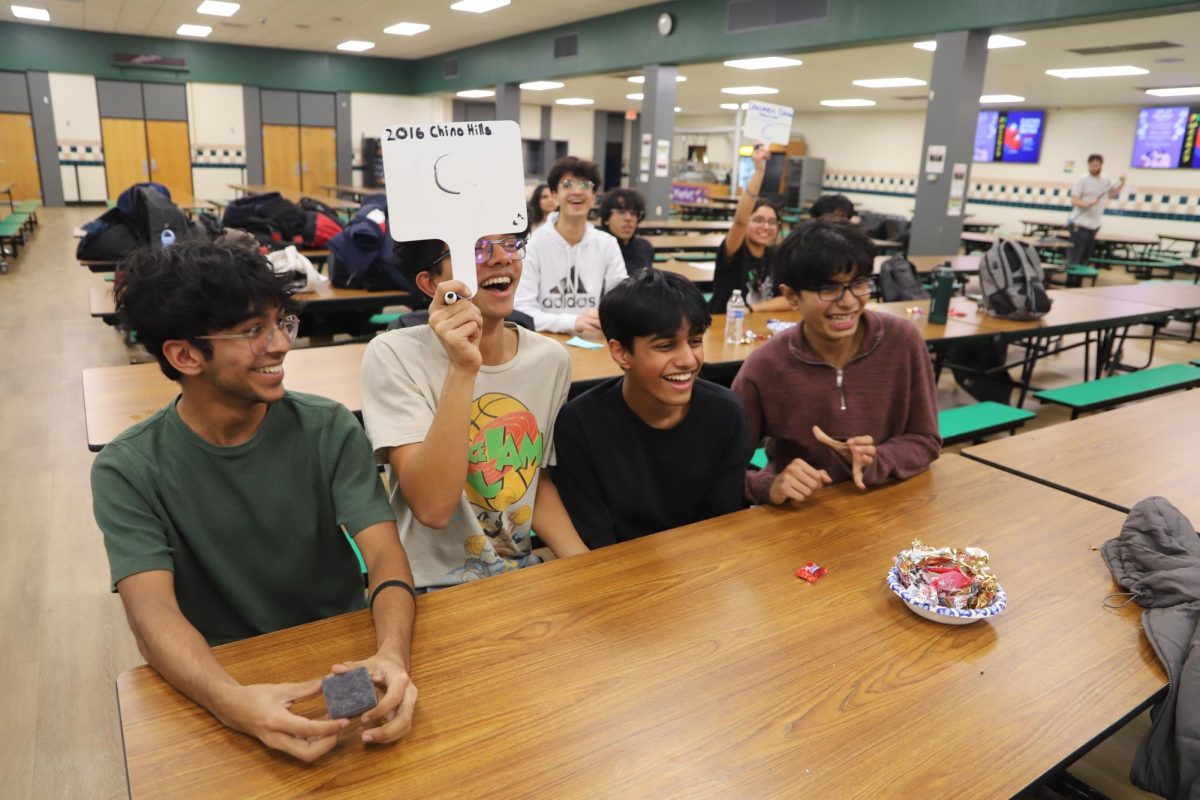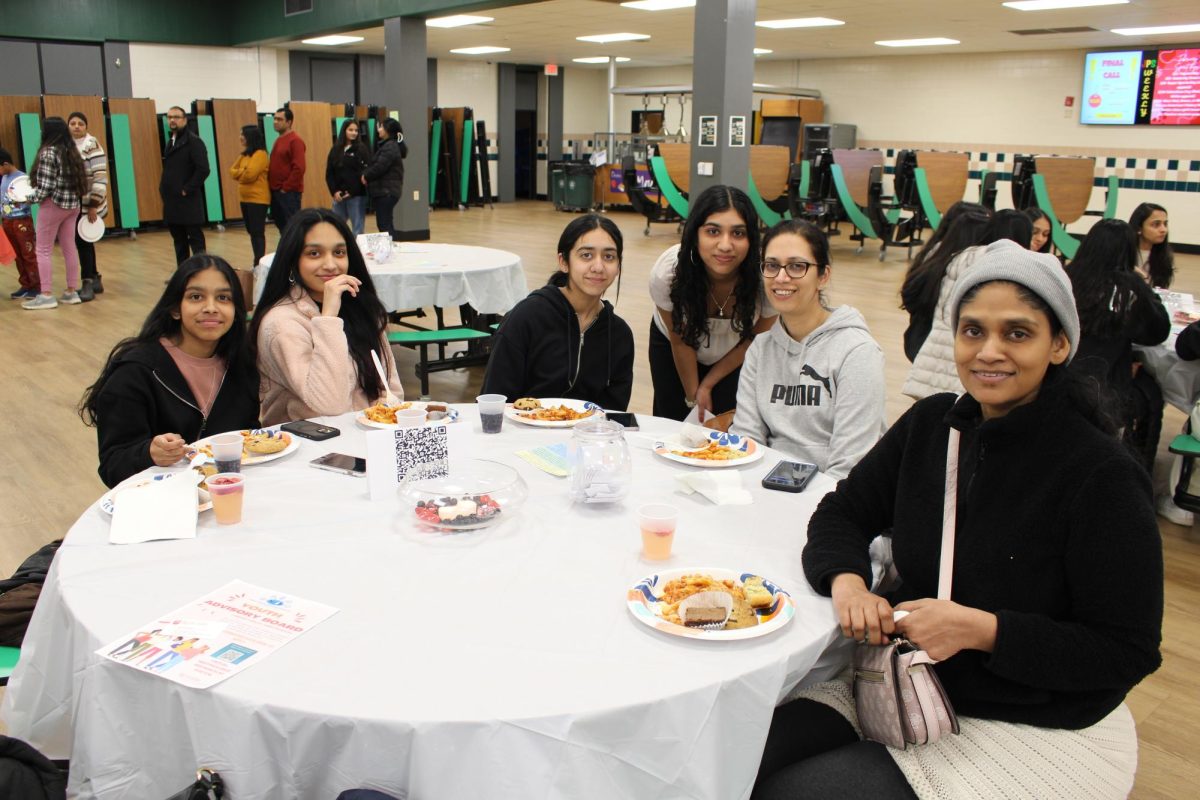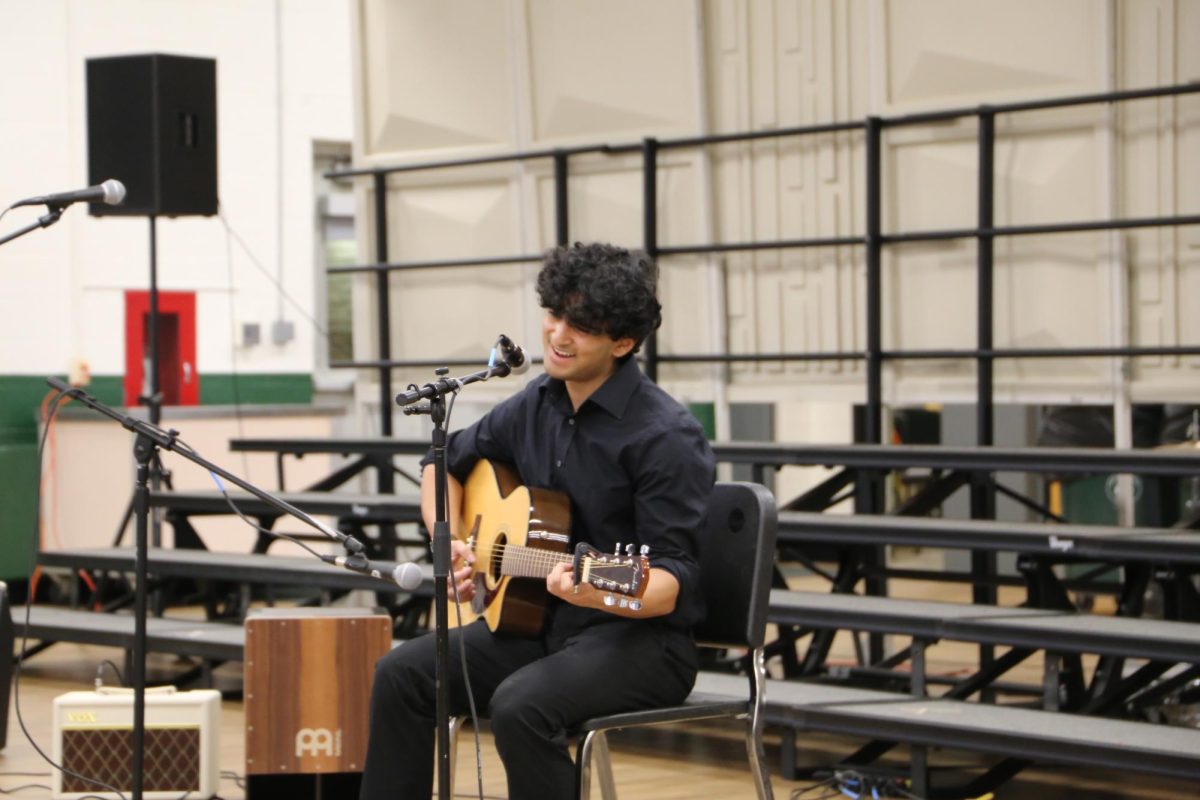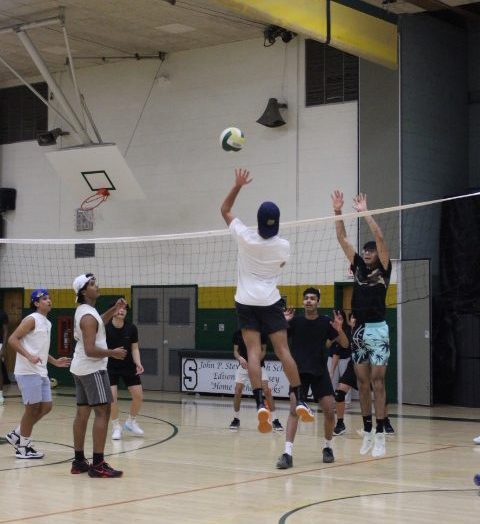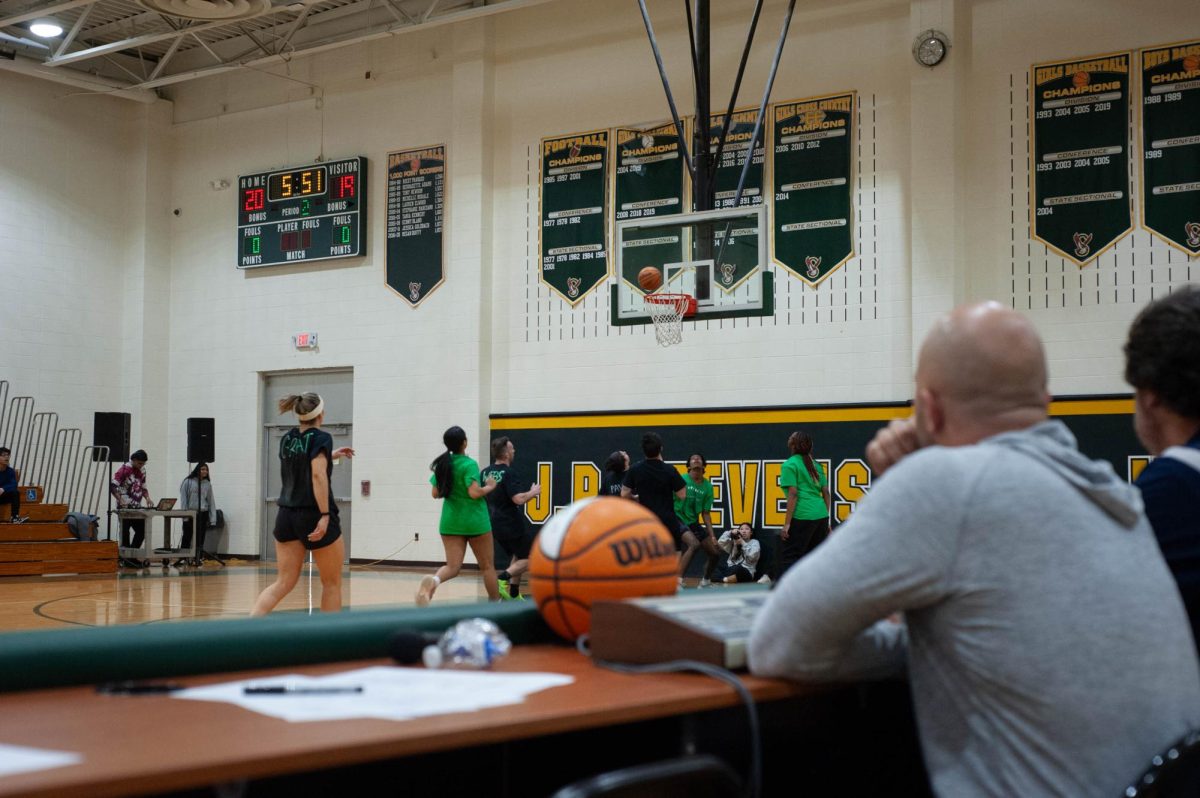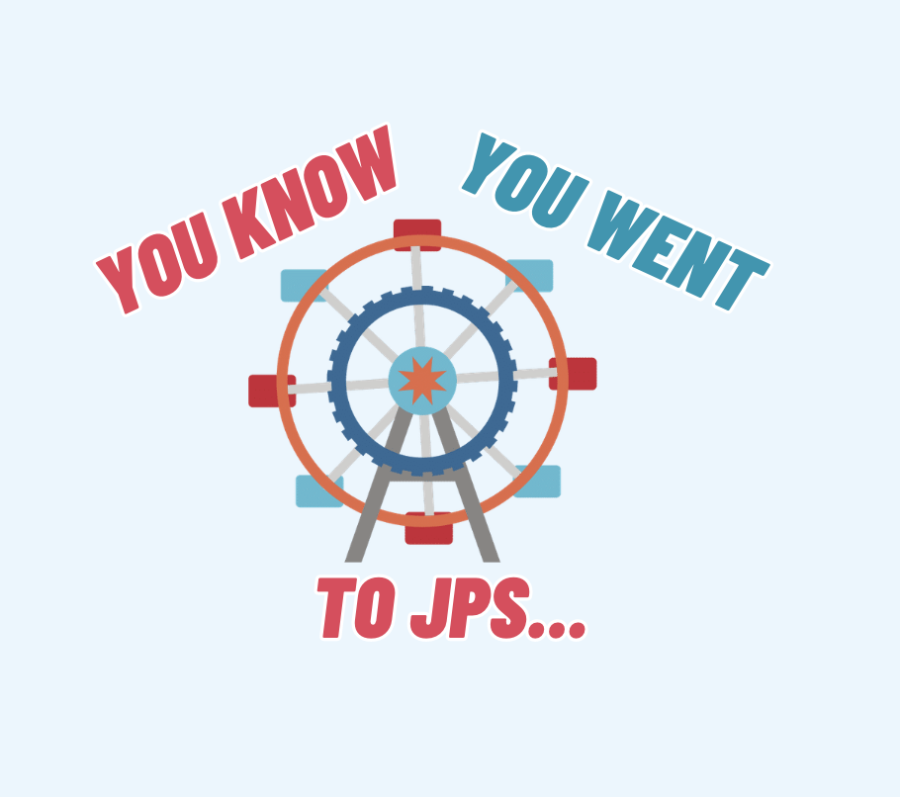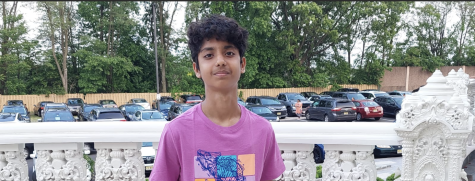With a presidential election fast-approaching this year, the efficacy of the electoral college has been called into question yet again. This debate is extremely important because it not only touches on common issues such as voter satisfaction and turnout, but also deeper concerns of federalism and the balance of power. The system was designed in part to give smaller states a stronger voice in the election of the president; however, it has recently been disputed whether this balance has shifted unfavorably, magnifying the votes of individuals in less populous states at the expense of those in more populous ones. As the nation continues to evolve, it becomes increasingly more clear that the electoral college has become a relic that hinders the expression of the people’s will, unnecessarily complicating the democratic process and silencing the true vote of the majority.
While the founding fathers’ intentions were honorable when creating the electoral college, they were inherently biased. According to Brookings.edu, “They [the founding fathers] explicitly rejected a popular vote for president because they did not trust voters to make a wise choice”. While this may seem like a violation of individual rights, this was a sound choice for people living in the 1700s. Many people were not well-educated and schools were much less common. As a result of this, the newly developing nation could not rely on its citizens to make decisions that would be right for its future. However, since the 1700s, times have clearly changed. Education has become more widely available and the rates of educated individuals in the United States has increased rapidly over the years. According to Census.gov, “Over the last 65 years the global literacy rate increased by 4% every 5 years – from 42% in 1960 to 86% in 2015”. Such an increase in education and, by extension, political awareness among the populace starkly contrasts with the founding fathers’ initial concerns. Given these profound changes, the rationale for maintaining the electoral college is significantly weakened, highlighting how it no longer serves any beneficial role in the contemporary political landscape. This is a clear reason why, as times change, we must shift our focus to alternatives that better suit our government’s changing needs.
Critics also argue that the electoral college creates imbalances in political power, where votes in smaller states carry more weight than those in larger states. The electoral college gives each state a number of electors equal to its total number of Senators and Representatives in Congress. For instance, a smaller state like Wyoming has one elector for roughly every 195,000 people, whereas a slightly bigger state like California has one elector for nearly 720,000 people. As a result of this, it is common that “smaller states are overrepresented, and states that aren’t ‘swing states’ get little to no attention from presidential and vice-presidential candidates during campaigns,” according to Purdue.edu. Considering these disparities, the challenge lies in finding a balanced electoral mechanism that ensures fair representation for all states, regardless of their population size, in a way that aligns with an equitable voting solution.
The injustices of the electoral college have been demonstrated through various instances in history, which underscores how it deviates from democratic principles. A notable example is the election of 1824, in which the main candidates were Andrew Jackson and John Quincy Adams. As USHistory.org mentions, “Although Jackson won 43 percent of the popular vote versus just 30 percent for Adams, he would not be seated as the country’s sixth president… because nobody had received a majority of votes in the electoral college.” This event starkly highlighted how the electoral college could negate the popular vote, leading to the appointment of a president who did not reflect the majority’s preference. As a result, not only did the people not get the president that they had voted for, but John Quincy Adams was forced to start off his presidency unpopular, making him the first “minority president”. A more recent example took place in 2016. Despite Hillary Clinton winning the popular vote over Donald Trump, the electoral college system led to Trump’s presidency, which further illustrates the persistent issue. Cases such as these are indicative that the electoral college is not a compromise, but a systemic issue that undermines the very essence of democracy by disregarding the majority’s will. This could cause the erosion of public trust in the electoral process and diminish voter engagement, as citizens might be discouraged from voting due to a feeling of unimportance in the grand scheme of presidential elections.
It’s reasonable to criticize the electoral college— but what alternatives are present to better serve our democracy? One popular proposal is a direct national popular vote, where the president would be elected by the total vote of the American people, ensuring that every vote carries equal weight regardless of state. Another suggestion is the National Popular Vote Interstate Compact, originated from Dr. John R. Koza in 2006. It is a pact among various states to allocate all their electoral college votes to the presidential candidate who secures the nationwide popular vote. These alternatives aim to simplify the election process, enhance voter engagement, and ensure that the presidency reflects the true will of the people. By accepting and addressing the electoral college’s fundamental inequities, we can pave the way for a more inclusive and democratic electoral system.







